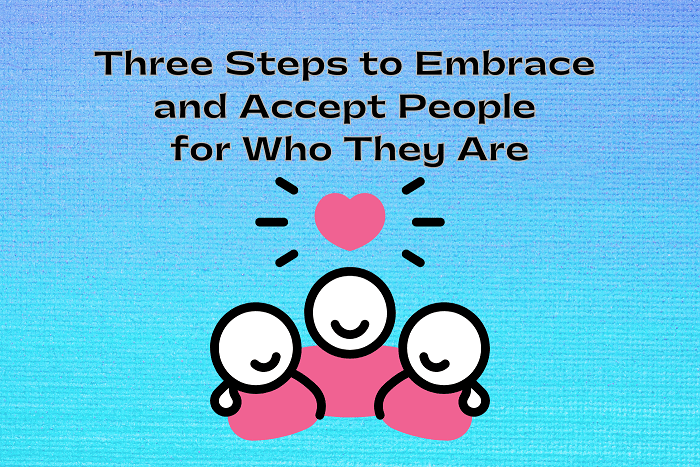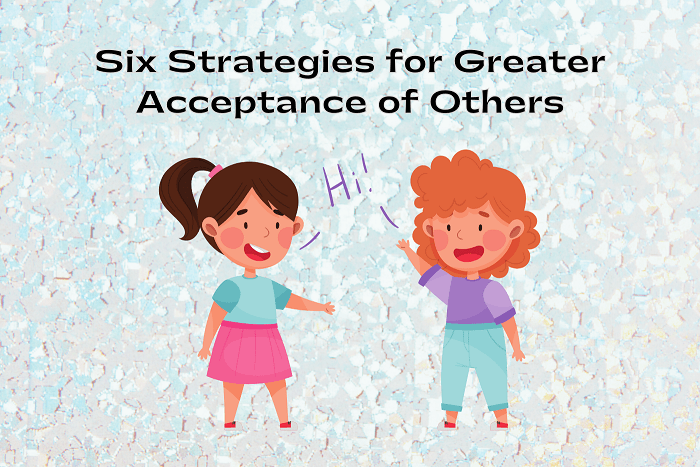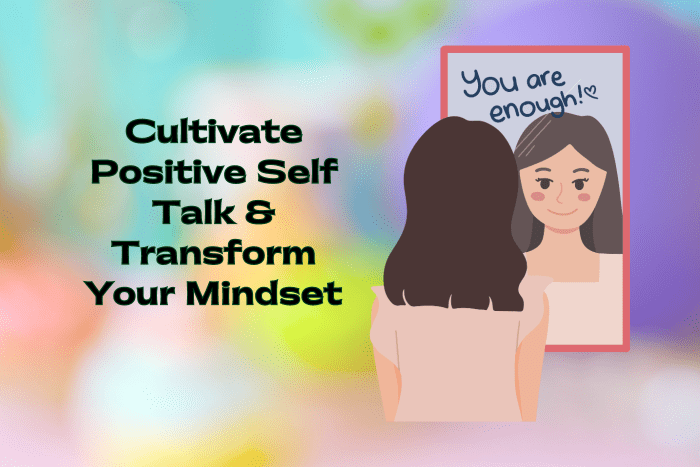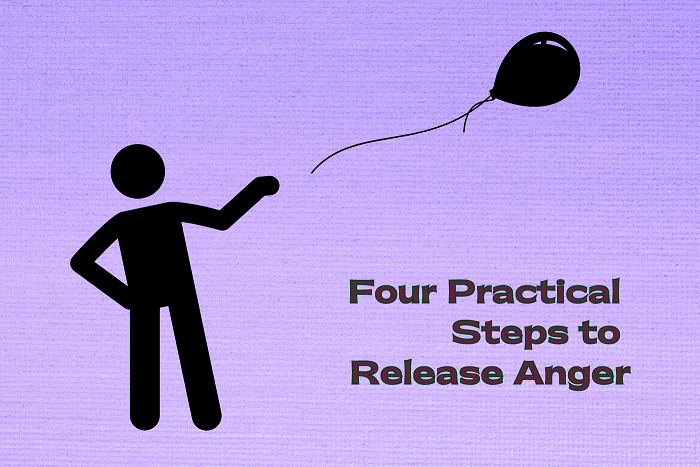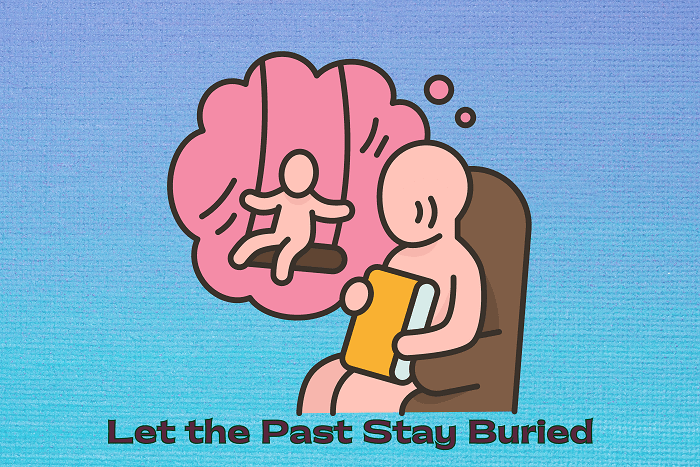Learn to accept others for who they are in three simple steps.
In our daily lives, we often encounter individuals who challenge our patience and understanding. Whether it’s a coworker, an acquaintance, or even a family member, there’s always someone who seems to get under our skin. While it’s tempting to wish we could change these people, the reality is we can only change ourselves. By learning to accept people for who they are, our interactions will improve, making us more easygoing and less prone to stress. Let’s dive deeper into the three steps for accepting people just as they are.
Step 1: Recognize Everyone is Unique
Feeling secure in our own life choices often leads to the expectation that others should follow the same path. For instance, if you pursued higher education and landed a successful job, you might naturally expect your children or peers to follow suit. However, everyone’s path is different, and that’s okay.
Embracing Individuality
Understanding that every person is distinct and has their own journey is the first step towards acceptance. Your child may not be interested in college or might have other ambitions post high school. This doesn’t make their choices wrong or less valid. Celebrating individuality involves acknowledging that unique experiences and aspirations shape each person’s life. When we stop seeing our way as the only way, we open ourselves up to a richer and more diverse perspective on life.
Step 2: It’s Okay to Disagree
Disagreements are a natural part of human relationships. Sometimes, those we care about make choices that leave us feeling uncomfortable or even worried. Returning to the college example, you might fear that if your child takes a gap year to travel, they might never return to their studies.
Learning from Differing Viewpoints
It’s essential to understand when it’s appropriate to step back. If the individual in question is an adult and their choices are not causing harm to themselves or others, it’s a sign to respect their autonomy. Disagreeing with someone doesn’t have to mean conflict; instead, it can be a learning opportunity. Ask yourself what their unique perspective can teach you. Valuing differing viewpoints fosters an environment where open dialogue and mutual respect flourish.
Step 3: Focus on Yourself
Often, when we obsess over others’ choices, we lose sight of our own lives. The only person you have true control over is yourself. Redirecting your focus inward can lead to personal growth and increased happiness.
Cultivating Self-Improvement
Start by examining the aspects of your life that you can change to bring more joy and fulfillment. By working on your personal development, you become less impacted by annoyance or frustration towards others. Acceptance grows from an inner strength that comes from knowing and loving yourself. When you’re engaged in your self-improvement journey, you’ll find it easier to embrace those around you, flaws and all.
The Benefits of Acceptance
Adopting these three strategies not only improves your interpersonal interactions but also enhances your overall well-being. As you develop the ability to accept others, you’ll notice a reduction in stress and an increase in your sense of happiness.
Building Stronger Relationships
Acceptance doesn’t mean passivity; it involves active understanding and empathy. It can lead to more meaningful relationships grounded in authenticity and respect. By letting go of the need to change others and focusing on positive change within yourself, you inspire those around you to do the same.
Fostering a Harmonious Environment
Creating an atmosphere of acceptance can transform your immediate environment. Whether at home, work, or within social circles, people feel valued when their unique qualities are recognized. It builds trust and encourages openness, making collective interactions more harmonious and pleasant.
Conclusion
Accepting people for who they are may seem like a daunting task, but it boils down to a few fundamental principles: recognize uniqueness, understand the value of disagreements, and focus on self-improvement. By embodying these concepts, you’ll not only foster better relationships but also cultivate a happier, less stressful life. Remember, the journey to acceptance starts with you. Celebrate the diversity around you, learn from others, and keep growing as an individual. You’ll find that acceptance brings its own set of miracles, enriching your life in ways you never imagined.
These show notes were written with CastMagic. Try it for yourself for free. Get your account here!
Start your podcast on RSS.com for free here!
Need content for your podcast or blog? Check out Tools for Motivation!
The links above are affiliate links. This means my podcast will receive a small commission if you order through any of them at no additional cost to you. Affiliate commissions are one of the ways my podcast makes money so that I can create episodes free of charge. If you do purchase anything from my links, I sincerely would like to thank you for your support!
